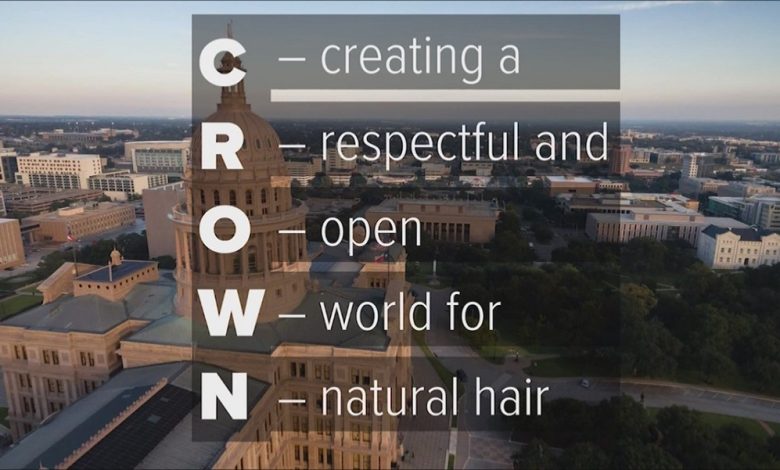
Lawmakers in Texas are considering a landmark proposal to prohibit race-based hair discrimination, in response to the experiences of two Black high school students who were told to cut their locks or face disciplinary action.
House Bill 567, introduced by state Rep. Rhetta Bowers, D-Garland, aims to ban discrimination based on certain hairstyles, including braids, dreadlocks, and twists in schools and workplaces. The bill will be discussed at a public hearing before the lower chamber’s State Affairs Committee on Wednesday. Although the bill does not refer to dreadlocks specifically, it mentions locks, a term some people use to describe long hairstyles similar to dreadlocks.
Such laws, often called the Crown Act, have been passed in several state legislatures across the country since 2019, when two young men in Mont Belvieu, east of Houston, made international headlines due to their situation. A companion measure has been filed in the upper chamber by state Sen. Borris Miles, D-Houston.
Administrators at Barbers Hill Independent School District ordered De’Andre Arnold and his cousin to cut their locks or face disciplinary action. Both refused and sued the school district over its dress code policy in a case that remains unresolved. A federal judge in 2020 found the policy discriminatory and barred the school district from enforcing it, but Arnold had already transferred schools to walk at graduation, which Barbers Hill officials had told him he could not do without a hair change. Currently, Arnold is a junior at LSU and has plans to become a veterinarian.
The same bill was unanimously voted out of a House committee during the 2021 legislative session, but the full chamber never voted on it before the session ended. Harris County, the state’s most populous, and the city of Austin have already passed similar local legislation.
Bowers said the Crown Act Coalition, a national group that champions the legislation, reached out to her in 2019 to ask if she was willing to propose the legislation. At the time, California had recently passed the law there. Also at the time, Arnold and his cousin, Kaden Bradford, had drawn wide attention to race-based hair discrimination with their situation. Bradford had also been threatened with discipline, indefinite suspension, if he did not cut his locks.
The two young men refused to comply and sued Barbers Hill ISD to challenge the school system’s dress code. The suit is poised to go to trial, according to court records. The school district has maintained that it permits students to wear locks but that this does not preclude hair length restrictions in the dress code.
Twenty states have passed the Crown Act since the national coalition was created in 2019, including Virginia, according to the coalition’s tracking. Other proposals have been filed in other conservative states such as Oklahoma and Florida.
Bowers stated that she has gone through transformational change herself in pushing for the law. She had put relaxers, chemicals that help straighten curly hair, on her hair since she was eight years old. However, in April 2022, she decided to get a “big chop” and cut her hair down to its natural pattern to remove the straight pieces. She almost cried when she saw her hair as it was hers but unrecognizable after so many years in a straight style. She has only straightened it once since then, she said. When she wore her hair naturally to the Legislature’s opening day this year, she recounted that her daughter told her it sent a message that it was acceptable to do so for such a special day.
Bowers hopes that Texas can become the 21st state to pass the law, as she believes that legislation like this will help to promote inclusivity and acceptance of diverse cultures and lifestyles.





Leave a Reply